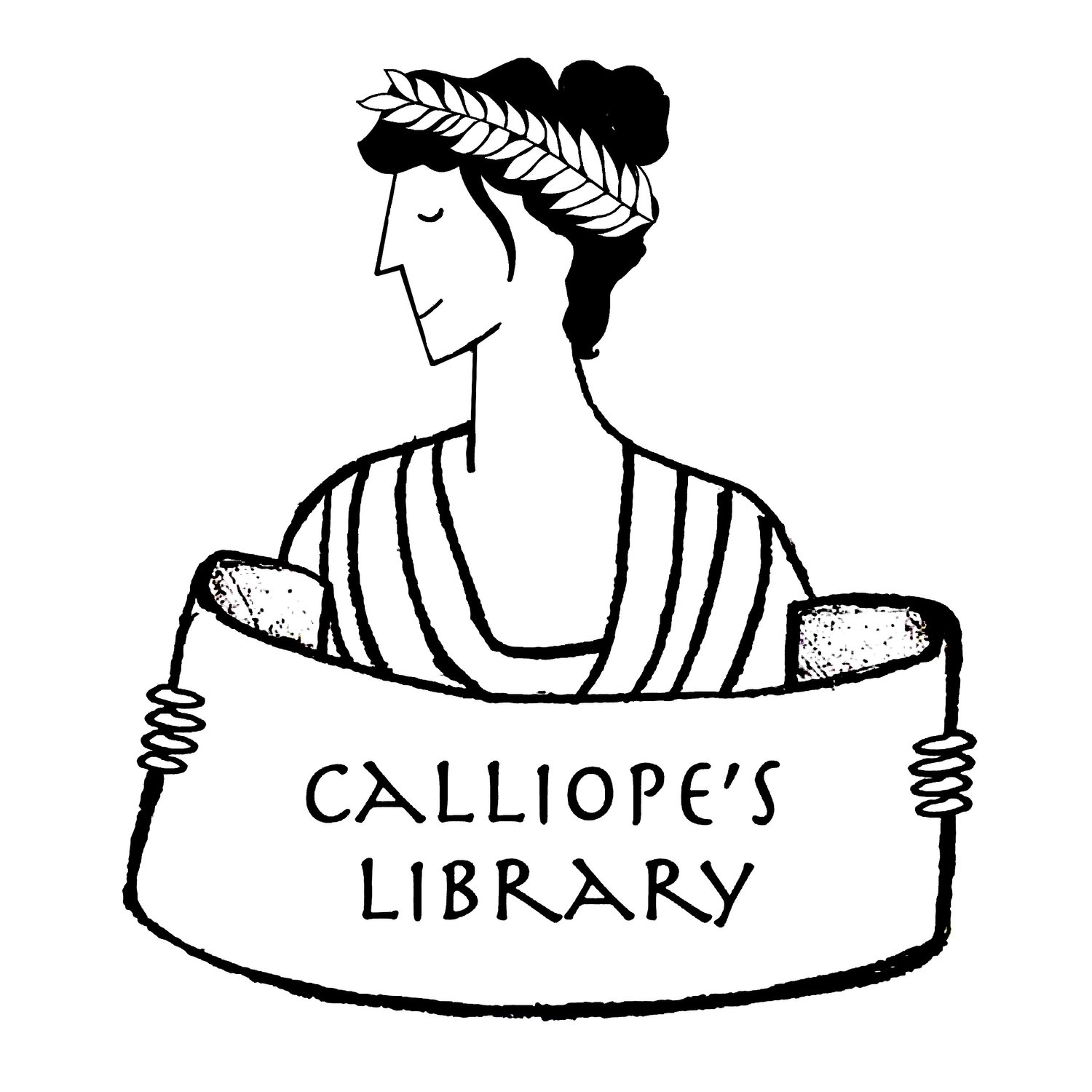Title: Zeus to the Rescue!
Author: John Dougherty
Date: 2007
Tags: Chapter book, Picture book, Novel, Ancient civilization, Mythology, Danaë, Europa, Zeus, 21st century worlds, English
Readers interested in a scholarly approach to children’s literature may consult this title on Our Mythical Childhood Survey*
Alex thought that he didn’t have to worry about the Olympian gods anymore after Zeus headed back to Mount Olympus a few weeks ago. Unfortunately, Zeus isn’t the only god to miss hanging out with humans. When his daughter Artemis shows up as a new student at Alex’s school, he and his friends will need Zeus’s help to convince her to go home.
The second volume in John Dougherty’s charming Zeus on the Loose series is as delightful as the first. All the girls in the class and Alex’s teacher, Miss Wise, immediately adore Artemis. She quickly ensures that the girls can do whatever they want, while the boys always get in trouble. I’m a sucker for a classic boys vs. girls story, and Dougherty keeps things kind-spirited and light-hearted. Zeus’s comic attempts to woo Miss Wise with some traditional transformations are no match for Miss Wise’s practical 21st-century skills. Dougherty also continues to show the same sensitive understanding of Greek mythology that he displayed in Zeus on the Loose. Alex’s negotiations to get Zeus’s help would fit right into the Iliad and Artemis’s plan to turn the boys who annoy her into pigs has a nice Circe touch without suggesting that the boys are in any real danger.
Readers and responsible adults should be aware that there are several references to underwear in this book (under the British term “pants”) but fans of Captain Underpants won’t bat an eyelash. This book is a fun romp, and a delightful second entry into the series. – Krishni Burns
* For further information on the Our Mythical Childhood Survey, please refer to the website of the project “Our Mythical Childhood” [link: http://omc.obta.al.uw.edu.pl/], led by Prof. Katarzyna Marciniak at the Faculty of “Artes Liberales,” University of Warsaw, Poland, with the participation of Bar Ilan University, University of New England, University of Roehampton, University of Yaoundé 1, and other affiliated scholars, within the funding from the European Research Council (ERC) under the European Union’s Horizon 2020 Research and Innovation Programme (grant agreement No 681202).


